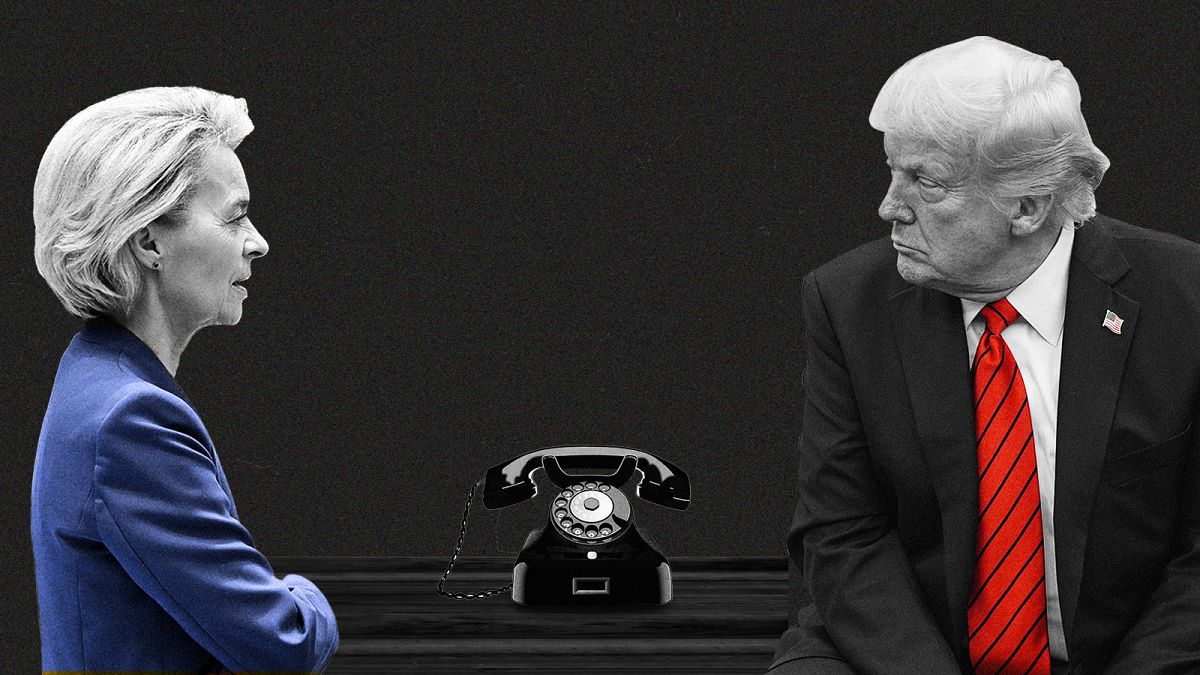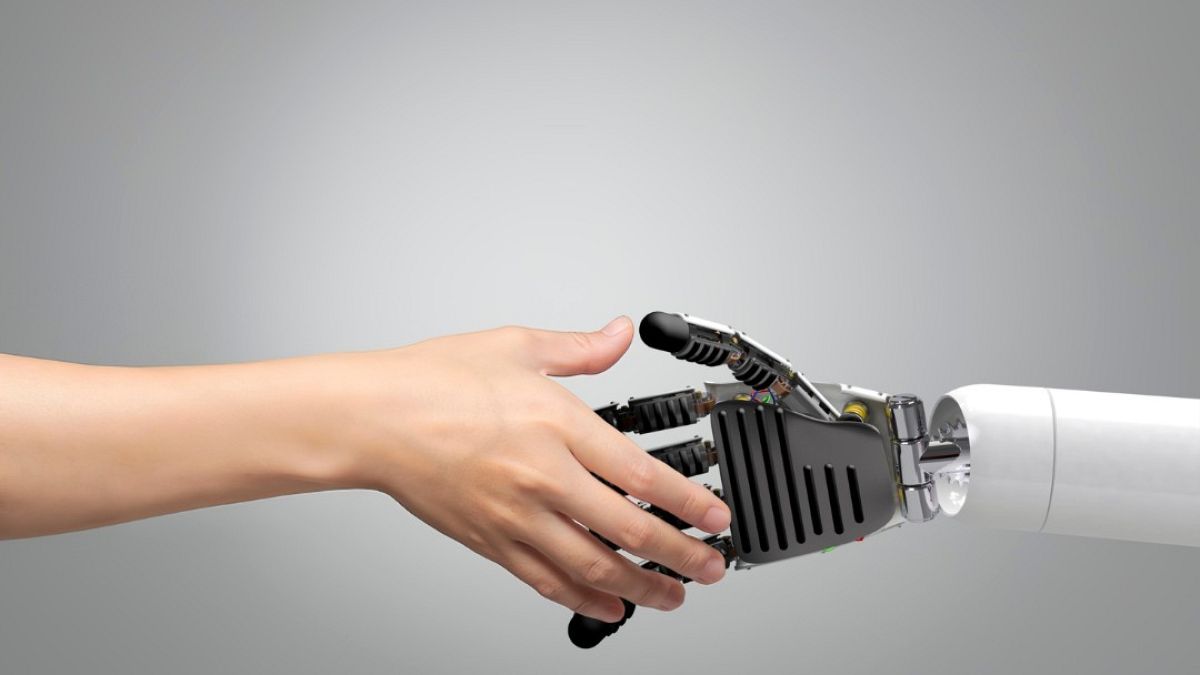The Chinese cargo ship Yi Peng 3 became a suspect after two Baltic Sea fibre optic cables were damaged.
Sweden urged the Chinese cargo ship Yi Peng 3 to return to Swedish waters on Tuesday to facilitate the investigation that opened following the recent damage of two underwater communication cables linking four NATO nations, several media report.
Sweden's Prime Minister Ulf Kristersson emphasized that he is "not making any accusations" but wants to "seek clarity on what has happened."
The 225-meter-long bulk carrier, which is currently in International waters between Sweden and Denmark, had become a key suspect after it was reported in the area at the time two Baltic Sea fibre optic cables between Sweden and Lithuania, and Germany and Finland were damaged in less than 24 hours on November 17 and 18.
Earlier last week, Swedish authorities launched an investigation after they suspected sabotage.
Germany and Finland mirrored these concerns and also opened investigations. In a joint statement, Germany's and Finland's foreign ministers said the damage comes at a time that “our European security is not only under threat from Russia‘s war of aggression against Ukraine, but also from hybrid warfare by malicious actors.”
They added that “the fact that such an incident immediately raises suspicions of intentional damage speaks volumes about the volatility of our times," and that stressed that “critical infrastructure" must be safeguarded.
It is not the first time that Russia has been accused of sabotage attempts, such as when a DHL cargo plane crashed earlier this week and left authorities searching for answers, but Moscow has repeatedly denied these allegations.
Last year, a gas pipeline on the bottom of the Baltic Sea linking Finland and Estonia, as well as communication cables, were also damaged. Authorities had alleged it was caused by a Chinese ship that dragged its anchor along the seabed.
Speaking in Brussels, German Defense Minister Boris Pistorius said that “no one believes these cables were severed by mistake," and that he doesn't "want to believe versions that it was anchors that by chance caused damage to these cables."
Denmark TV 2's defense correspondent Anders Lomholt sailed out in the Kattegat to get a closer look at the Chinese cargo ship. He spoke with Vermund Sogaard-Sorensen, who is a former commander, who is also under the impression that accidental damage is unlikely. "You don't have two accidents within the same 24 hours," he said.
Vessel tracking information from the Marine Traffic website revealed that the carbo ship had not been moving Wednesday afternoon off the coast of Denmark in the Baltic.
Lomholt reported that prior to when the cables were damaged, the ship had slowed down when it sailed over other cables, and completely stopped when it had reached the last cable.
In his interview with Jens Wenzel Kristoffersen from Nordic Defence Analysis, the defence analyst said it is "not normal behaviour for a merchant ship" to lie still on top of cables.

 4 months ago
40
4 months ago
40






 We deliver critical software at unparalleled value and speed to help your business thrive
We deliver critical software at unparalleled value and speed to help your business thrive






 English (US) ·
English (US) ·